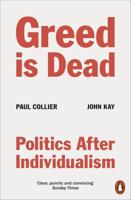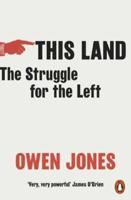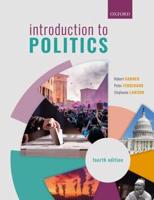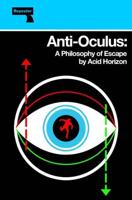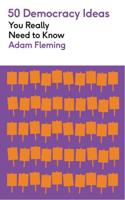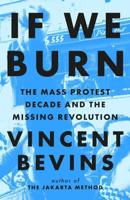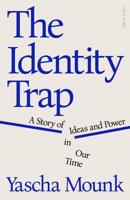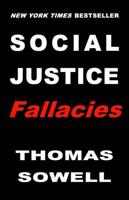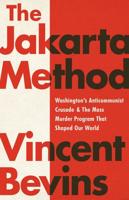Publisher's Synopsis
Consciousness and Politics deals with some of the same texts discussed in two earlier books on Voegelin, Eric Voegelin and the Foundations of Modern Political Science (1999) and Beginning the Quest: Law and Politics in the Early Work of Eric Voegelin (2009). Given the appearance of so many useful discussions, especially by scholars who wrote the introductions to the several volumes of the Collected Works of Eric Voegelin that have appeared over the past decade or so, certain revisions in detail should come as no surprise. That is how science, even political science, improves. Consciousness and Politics begins with an analysis of the problem of the historicity of truth as it was formulated shortly before Voegelin abandoned his eight-volume History of Political Ideas. The analysis then follows a more or less chronological path, discussing the arguments developed in The New Science of Politics, Voegelin's most famous book, the differentiation of consciousness and the problems of myth and nature as presented in the early volumes of Order and History. Starting in the 1960s, Voegelin began a lengthy argument in several volumes that resumed his concern with the philosophy of consciousness, which he had outlined in his early writings, and its connection to what we conventionally call philosophy of history. Voegelin's late and often difficult essays, lectures, and the final volume of Order and History, many scholars have noticed, emphasize the meditative origins of his political science and, more broadly, of philosophy. The concluding chapters analyze this subject-matter and a perennial question that so many of Voegelin's readers have raised: what is the relation of his political science or philosophy to Christianity?

